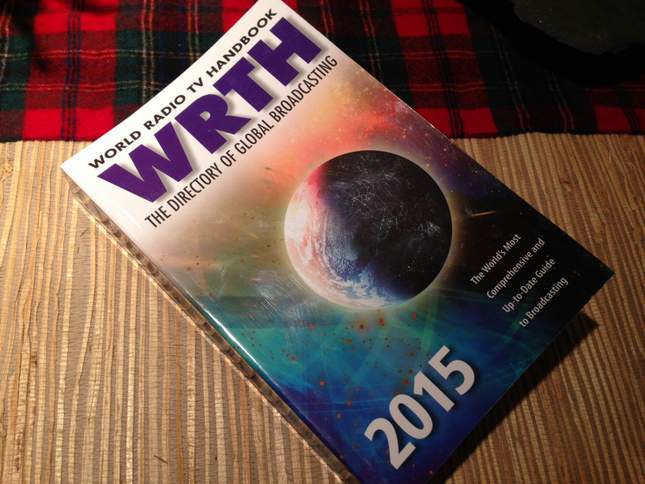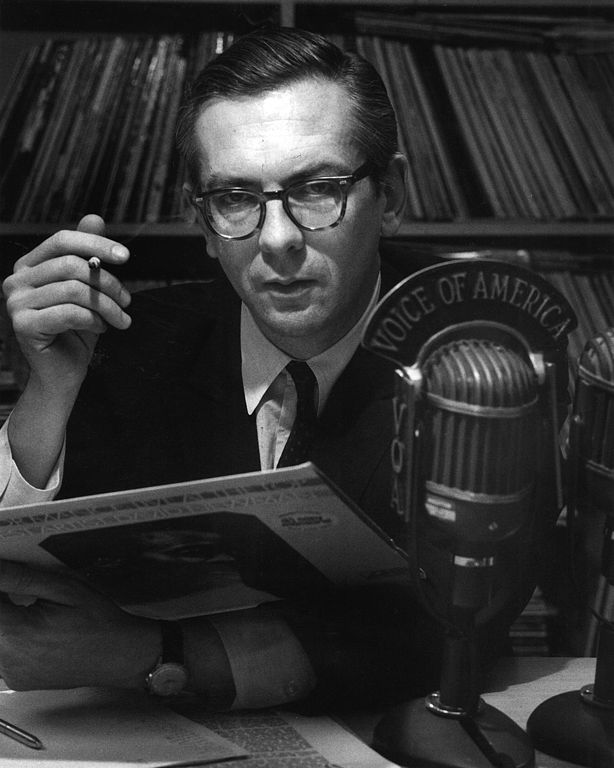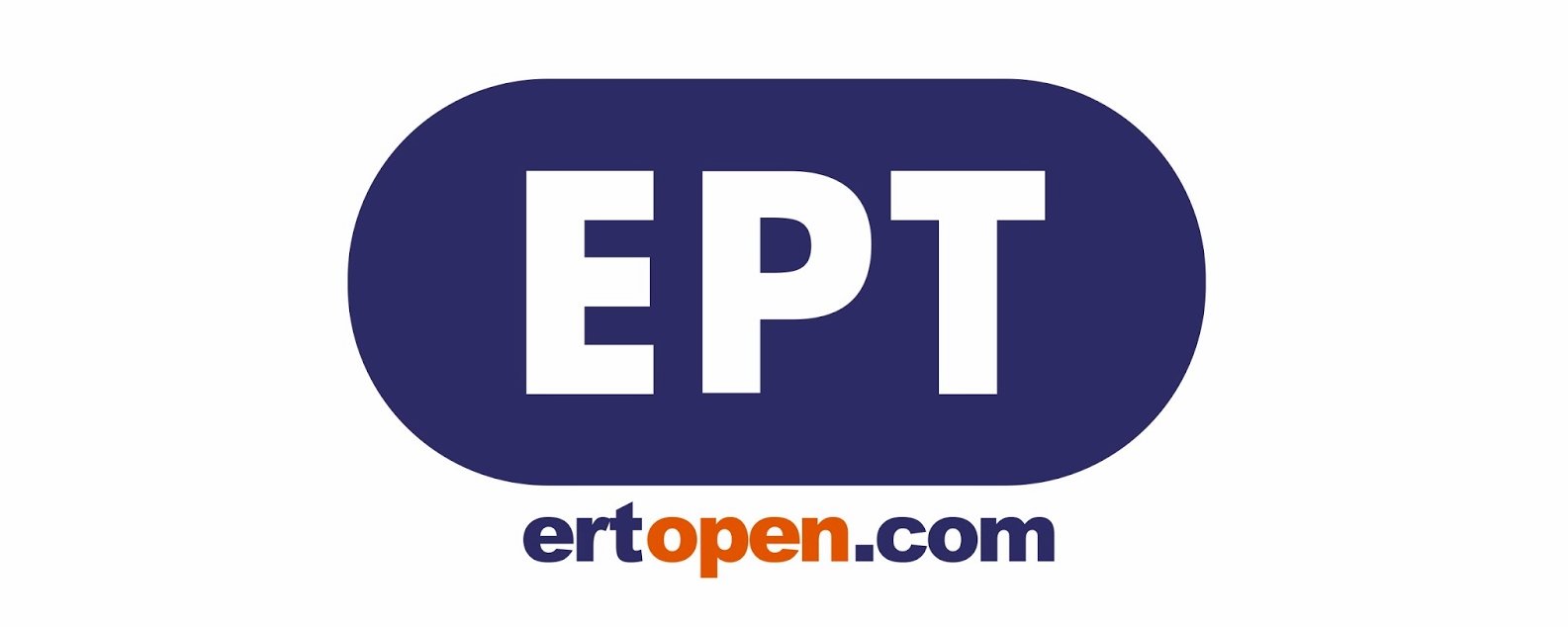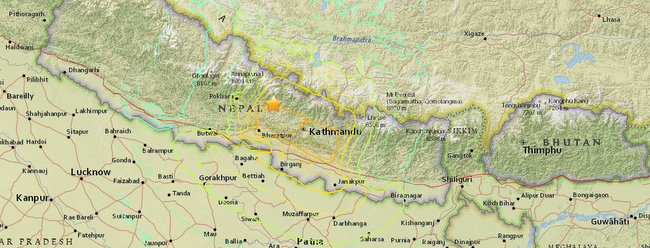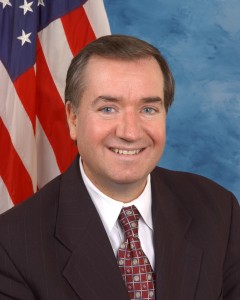(Source: WRTH Facebook group via Sean Gilbert)
***ANNOUNCEMENT***
WRTH has released their A15 International Radio & COTB schedules file. The A15 schedules file is available for free download (whilst donations are appreciated, they are by no means mandatory).
Use the following link, and click on “International Updates”:
www.wrth.com/_shop/?page_id=444
This file is in PDF format and you will need a PDF viewing program (such as the free Adobe Acrobat Reader) in order to open this file. The pdf id 2.3MB in size and contains 78 pages, consisting of: Summer (A season) 2015 LW/MW & SW schedules for International broadcasters and Clandestine & Other Targeted (COTB) Broadcasts; International DRM broadcasts; a ‘By Frequency’ listing of the broadcasters; Selected language broadcasts (English, French, German, Spanish and Portuguese); and finally a list of sites used in the schedules, together with name, location, co-ordinates and type (LW/MW &/or SW).
Despite the doom and gloom surrounding shortwave and international broadcasting, please be assured there is still a lot to listen to, broadcast in many, many languages to all parts of the world. There are even new SW stations popping up from time to time. There are at least 6 new entries in this file, that have come on air since WRTH2015 was published. That has to be encouraging!If you haven’t already got your copy of WRTH2015, you can still order on-line direct from our website or from Amazon.com (At last Amazon seems to have sorted out whatever issue they had, which caused unacceptable delays and annoyance for our valued readership). Using the A schedules together with the printed WRTH gives you powerful tools to help you get the most from your listening.

